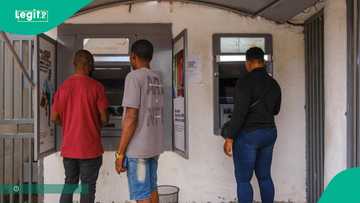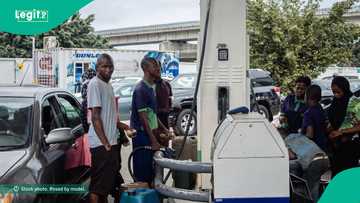5 Key Policy Changes Under Tinubu That Affected Nigerians
- Tinubu's removal of fuel subsidies and floating of the naira led to economic shocks, including inflation, higher living costs, and currency devaluation
- The introduction of a student loan scheme and a higher minimum wage aimed to improve education access and workers' earnings but raised concerns about inflation
- Electricity tariff adjustments sought to attract investment and improve supply, but many Nigerians worry about paying more without a stable power supply
President Bola Ahmed Tinubu's administration has implemented several significant policy reforms aimed at revitalizing Nigeria's economy and improving the livelihoods of its citizens.
These changes have had profound impacts across various sectors. Here are five key policy changes under Tinubu that have notably affected Nigerians:
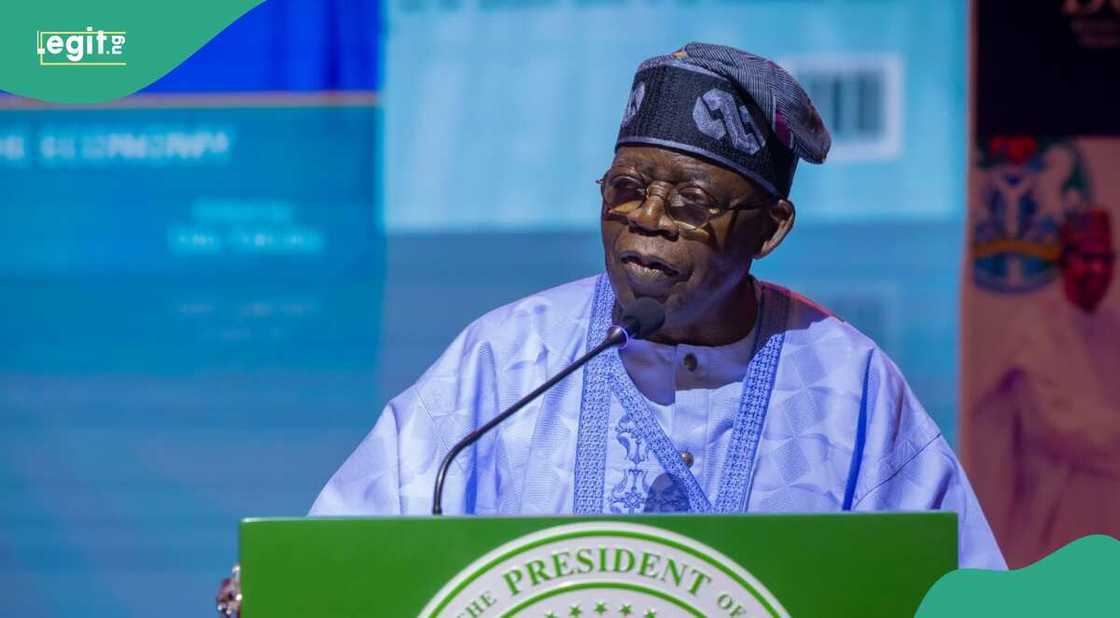
Source: Facebook
1. Removal of fuel subsidy
In his inaugural address in May 2023, President Tinubu announced the immediate removal of the longstanding fuel subsidy, citing its unsustainable burden on the nation's finances.
This decision led to an immediate increase in petrol prices, which tripled in some areas, causing widespread economic repercussions.
The government reported savings of over ₦1 trillion (approximately $1.32 billion) within the first two months post-removal, intending to redirect these funds toward critical infrastructure and social programs.
However, the sudden hike in fuel prices triggered a cost-of-living crisis, with transportation costs soaring and inflationary pressures mounting.
Many Nigerians expressed frustration over the increased financial strain, leading to protests and calls for mitigating measures to cushion the adverse effects on the populace.
2. Floating the Naira and forex reforms
In June 2023, the Tinubu administration introduced a policy to unify the multiple exchange rates by allowing the naira to float freely against the dollar. This move aimed to attract foreign investment and improve transparency in the foreign exchange market.
Consequently, the naira experienced a significant devaluation, losing over two-thirds of its value against the dollar within months.
While the policy was lauded by economists for its potential long-term benefits, the immediate impact was an increase in the cost of imported goods and services, exacerbating inflation and reducing the purchasing power of Nigerians.
Reacting to this development, former Vice President and Presidential Candidate of the Peoples Democratic Party (PDP), Atiku Abubakar, said that the way President Bola Tibubu’s government’s FX policy was hurriedly put together is the reason for the present state of things in Nigeria.
Atiku said:
“The Government did not allow the CBN the independence to design and implement a sound FX Management Policy that would have dealt with such issues as increasing liquidity, curtailing/regulating demand, dealing with FX backlogs and rate convergence."
3. Introduction of the student loan shheme
In July 2024, President Tinubu signed into law the Student Loan (Access to Higher Education) Act, establishing the Nigerian Education Loan Fund (NELFUND).
This initiative aims to provide interest-free loans to eligible students pursuing higher education, thereby promoting inclusiveness and equity in the educational sector.
The scheme is expected to benefit over 1.2 million students in its initial phase, covering tuition fees and stipends. By removing financial barriers, the government seeks to enhance access to quality education and develop a skilled workforce to drive national development.
4. Electricity tariff adjustments
The administration proposed an increase in electricity tariffs to reflect the actual cost of power production and reduce the financial burden on the government. Initially, a 65% hike was planned; however, following public outcry and consultations, the government made adjustments to the proposed increase.
The revised tariffs aim to ensure that Nigerians pay for the electricity they consume, improving revenue collection and attracting investment in the power sector. Despite these intentions, many citizens have expressed concerns over paying higher rates amid inconsistent and unreliable power supply.
5. Implementation of a New Minimum Wage
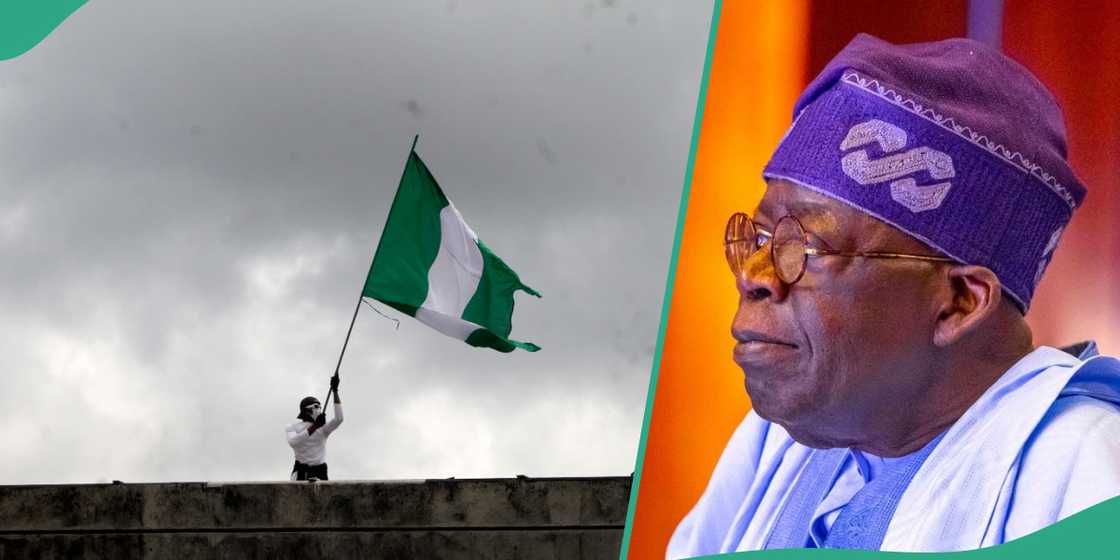
Source: UGC
In July 2024, President Tinubu signed a bill into law increasing the national minimum wage from ₦30,000 to ₦70,000. This move was part of efforts to improve the standard of living for Nigerian workers and address the economic challenges posed by rising inflation.
While the wage increase was welcomed by labor unions and workers, some economists cautioned that without corresponding productivity gains and economic growth, the hike could contribute to further inflationary pressures, potentially offsetting the intended benefits.
These policy changes reflect the Tinubu administration's commitment to implementing bold reforms aimed at addressing longstanding economic challenges. However, the mixed reactions and immediate hardships experienced by many Nigerians underscore the complexities involved in policy implementation and the need for measures to mitigate adverse effects on vulnerable populations.
Tinubu announces new academy to train Nigerians
Previously, Legit.ng reported that President Bola Ahmed Tinubu has launched the Nigerian Youth Academy (NiYA), an initiative aimed at equipping young Nigerians with skills in digital literacy, technical training, entrepreneurship, and the creative industries.
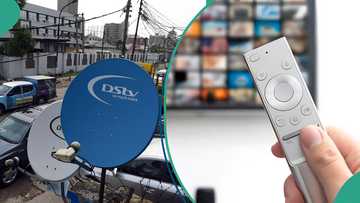
Read also
NGO faults MultiChoice over price hike in Nigeria, discounts in another country: “Double standards”
The announcement comes amid rising economic hardship in the country, with many Nigerians lamenting the state of the economy in a viral 30-day rant challenge on social media.
PAY ATTENTION: Сheck out news that is picked exactly for YOU ➡️ find the “Recommended for you” block on the home page and enjoy!
Source: Legit.ng




